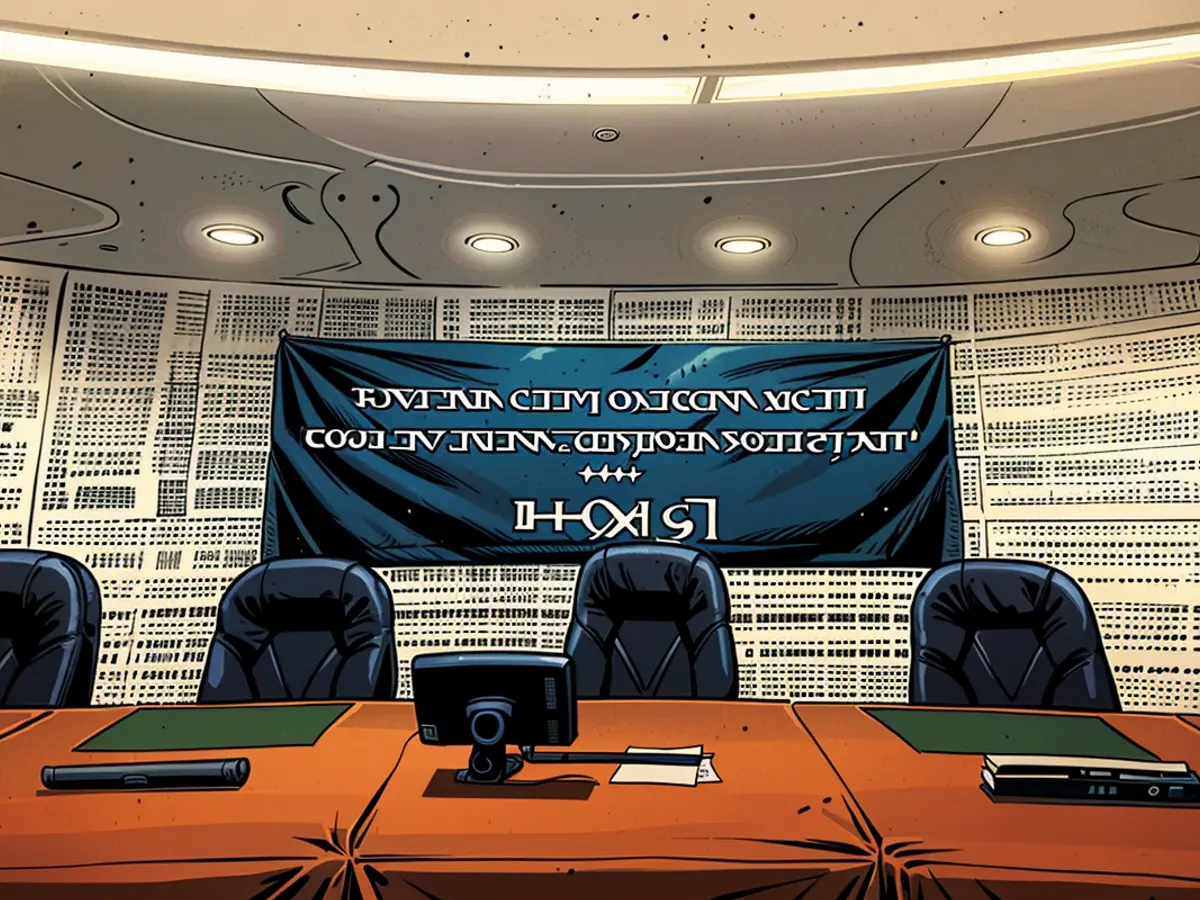Russia's "Undesirable Organizations" Law reprimanded by ECtHR
In a turn of events, the European Court of Human Rights (ECHR) has slapped a hefty fine on Russia due to its controversial "undesirable organizations" law. This means Russia must fork out several hundred thousand Euros to four organizations and around 80 individuals, including incarcerated Kremlin critic Vladimir Kara-Mursa.
A day prior, Russia labelled the German Historical Institute (DHI) in Moscow as an "undesirable organization."
The Max Weber Foundation, the hosting organization of the DHI, commented on Monday, stating, "This decision is a significant setback for freedom of expression and academic freedom, and it was anticipated, given the political landscape in Russia."
Researchers from Russia and Germany collaborated at the DHI Moscow, working on the history of both nations. The German Foreign Office explained in its digital service X on Tuesday that Russia's recent move to label the institute an "undesirable organization" underscores President Vladimir Putin's "apparent fear" of a scholarly conflict with history." The Foreign Office added that Putin aims to "mute even the last critical voices in Russia."
The "undesirable organizations" law was enacted in 2015 and renders the operations of affected institutions in Russia nearly impossible. They are prohibited from opening offices, executing projects, or disseminating information. Anyone associated with these institutions risks criminal charges. This legislation should not be confused with the law against "foreign agents," another tool employed by Russian authorities to undermine unwelcome parties.
The ECHR concluded that Russia breached the European Convention on Human Rights by implementing the "undesirable organizations" law, considering factors of freedom of association and expression. The law contained overly general and imprecise stipulations for the reasons behind the designations, leading to uncertainty for affected parties that their "otherwise legal" actions could be considered unlawful, as per the ECHR judges.
Nils Muiznieks, leader of the Association of European Political Sciences Universities of the Council of Europe, stated, "We applaud this decision, which grants us and similar entities legal protection, as we have been unfairly tagged by Russian authorities." The Association is one of the four organizations to which Russia must compensate in line with the ECHR ruling.
Furthermore, the ECHR also passed another judgment against Russia for denying Memorial and other organizations access to archives pertaining to repressions during the Soviet era.
The ECHR is an arm of the Council of Europe, from which Russia was expelled due to the conflict in Ukraine. Since September 2022, Russia no longer holds membership in the European Convention on Human Rights. Russia remains obligated to implement judgments on previously filed cases.
Read also:
The European Court of Human Rights (ECTHR) also criticized Russia for denying Memorial and other organizations access to archives related to repressions during the Soviet era, further highlighting concerns over freedom of information and association in Russia.
Given the ECHR's ruling against Russia, organizations like the Association of European Political Sciences Universities, led by Nils Muiznieks, can now seek legal protection against being unfairly labeled as "undesirable" by Russian authorities.








